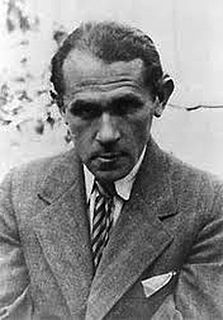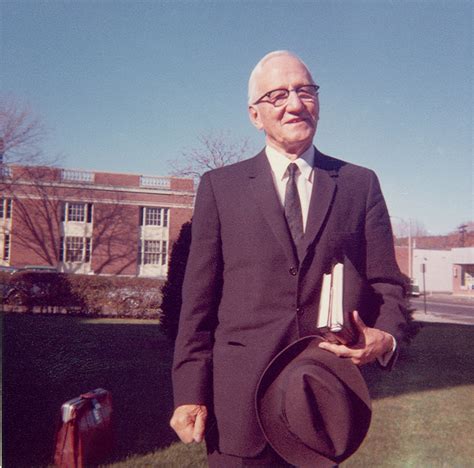A Quote by Herman Melville
Faith and philosophy are air, but events are brass.
Quote Topics
Related Quotes
I see that I am inwardly fashioned for faith and not for fear. Fear is not my native land; faith is. I am so made that worry and anxiety are sand in the machinery of life; faith is oil. I live better by faith and confidence than by fear and doubt and anxiety. In anxiety and worry my being is gasping for breath - these are not my native air. But in faith and confidence I breath freely - these are my native air.
Every faith uses some kind of tool to understand itself better. Faith seeks understanding. The Western tradition has used philosophy to understand the truths of the faith and you come up with theology. Where as, Islam at a certain point said: we'll use law. There are these four major, developed schools of Islamic jurisprudence.
If you repeat something enough it can literally physically change the air particles around you and it can infuse the air with this sacred sound vibration, or it can change your material body, like transform your flesh to spirit. These are all beliefs within the Hare Krishna philosophy we were brought up with.
Any man who stands for progress has to criticize, disbelieve and challenge every item of the old faith. Item by item he has to reason out every nook and corner of the prevailing faith. If after considerable reasoning one is led to believe in any theory or philosophy, his faith is welcomed. His reasoning can be mistaken, wrong, misled and sometimes fallacious. But he is liable to correction because reason is the guiding star of his life. But mere faith and blind faith is dangerous: it dulls the brain, and makes a man reactionary.
Philosophy - reduced, as we have seen, to philosophical discourse - develops from this point on in a different atmosphere and environment from that of ancient philosophy. In modern university philosophy, philosophy is obviously no longer a way of life, or a form of life - unless it be the form of life of a professor of philosophy.






































